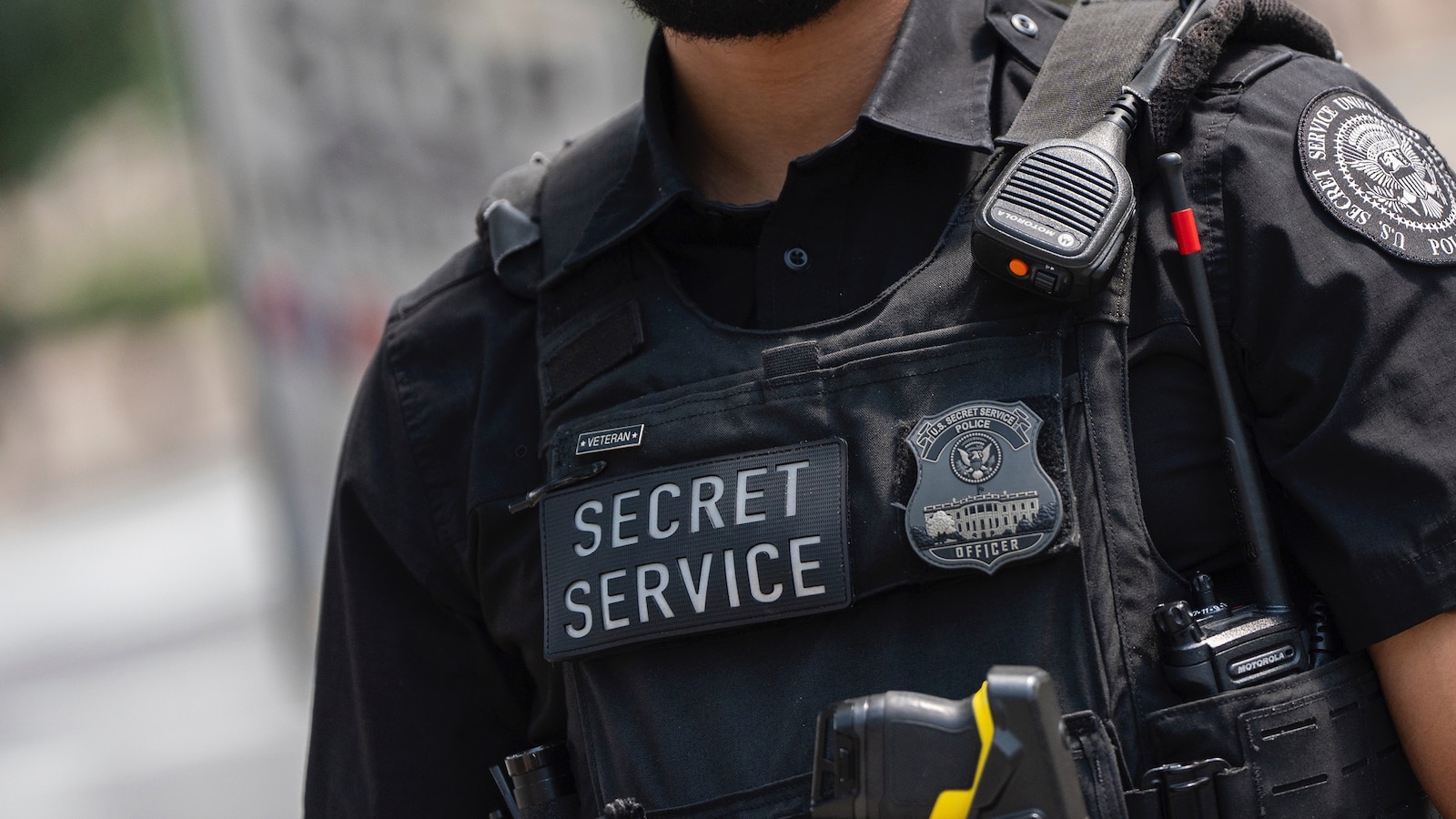Former President Donald Trump’s attempted assassination has had a reverberating effect around the nation and world. Of course, those reverberations are being felt acutely by the agency and personnel tasked with protecting him, the U.S. Secret Service.
Those impacts have included multiple investigations to answer the “how” and “why” of the attempted assassination and a devastating House Oversight and Government Affairs (OGR) Committee hearing that culminated in the Secret Service Director’s resignation, which she said was due to the “distraction” the calls for her resignation had become.
The House OGR Committee has also demanded answers and asked at what point will the American public know what happened and what failures occurred.
With the attempted assassination of Trump, there are at least five different investigations taking place to understand what happened. The FBI is leading the investigation of the attempted assassination and the shooter. In public statements, they have given no timeline when they will release their investigative findings, although much of the information has found its way into the news.
The Secret Service is conducting a Mission Assurance investigation which according to the now former Director’s OGR testimony, also has no definitive timeframe.

U.S. Secret Service Director Kimberly Cheatle testifies before the House Oversight and Accountability Committee about the attempted assassination of former President Donald Trump at a campaign event in Pennsylvania, at the Capitol in Washington, Monday, July 22, 2024.
John Mcdonnell/AP
We are also expecting both the House of Representatives and Senate to launch their own investigations into the attempted assassination.
At the direction of President Joe Biden, the Department of Homeland Security formed an independent panel to review and report on the attempted assassination within 45 days, which will probably be the first and most inclusive investigation, as the Secret Service works under DHS and is sure to share their and the FBI investigation’s findings so the panel can issue a complete report.
The Secret Service’s creation and evolution have been intertwined with the history of political assassinations in the United States. It was founded after the Civil War in order to combat the rampant counterfeiting of U.S. currency. Ironically, the agency’s founding documents sat on President Abraham Lincoln’s desk on the evening of his assassination, making the creation of the agency his last official act. At the time of Lincoln’s 1865 assassination, the president’s protection was two Washington, D.C., police officers and a soldier.
That changed after the 1901 assassination of William McKinley, which prompted Congress to authorize protection of the president, renewable on a year-to-year basis. It wasn’t until after the unsuccessful attempted assassination of President Harry Truman by Puerto Rican separatists in the 1950s that Congress finally mandated permanent protection of the president by the Secret Service.

Republican presidential candidate former President Donald Trump is rushed offstage by U.S. Secret Service agents after being grazed by a bullet during a rally on July 13, 2024 in Butler, Pa.
Anna Moneymaker/Getty Images
As history has passed, the Secret Service has had many unknown successes and has thwarted assassination attempts. But, of course, it has also had a few high-profile failures, including the 1963 assassination of President John Kennedy, attempted assassination of President Reagan and of course, the current attempted assassination of former President Trump, which was the first time a former president was the subject of an attempt since Teddy Roosevelt.
In the wake of each of these failures — and the Secret Service is often first to admit a failure — multiple investigations occurred to understand and prevent further failures. After JFK was killed, the Warren commission took close to a year to announce its results. And after the attempt on Reagan’s life, the investigation took several months.

A member of the U.S. Secret Service stands outside the White House, Tuesday, July 23, 2024, in Washington.
Julia Nikhinson/AP
Typically, these types of independent panels, like the 9/11 Commission Panel, will coalesce all of the investigative information, interview as many individuals involved with the incident and investigation, examine the site, do some on-the-record interviews, review agency policies and procedures and examine the totality of the incident.
Once they have that information, they will make formal “findings” of the incident and its failures, which will explain “what” and “how” things happened. The panel will also make formal recommendations in an “after action” of the incident and identify what improvements could be made, specifically by the Secret Service, which in the past has embraced and implemented any and all recommended changes.
Most importantly, and this is the reason everyone should pay attention to it, this DHS Independent Review Panel is formed by “bipartisan” career public servants, with the exception of a former Secret Service director, and is apolitical.
The panel, by its executive order’s establishment, carries the power of the president and is the only investigative arm that could force immediate changes onto the Secret Service.

